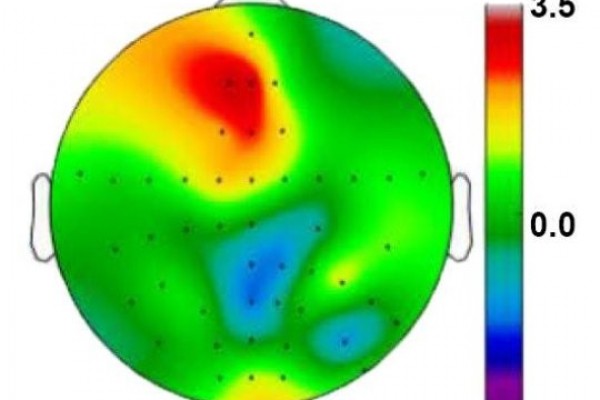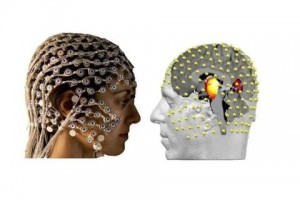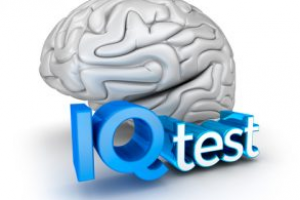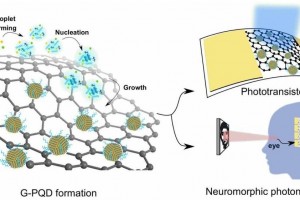Deep stimulation improves cognitive control by augmenting brain rhythms
In a new study that could improve the therapeutic efficacy of deep-brain stimulation (DBS) for psychiatric disorders such as depression, a team of ...
In a new study that could improve the therapeutic efficacy of deep-brain stimulation (DBS) for psychiatric disorders such as depression, a team of scientists shows that, when DBS is applied to a specific brain region, it improves patients' cognitive control over their behavior by increasing the power of a specific low-frequency brain rhythm in their prefrontal cortex.
The findings, published April 4 in Nature Communications, suggest that the increase in "theta" rhythms, readily detectable in EEG recordings, could provide neurosurgeons and psychiatrists with the reliable, objective and rapid feedback they've needed to properly fine-tune the placement and "dosage" of DBS electrical stimulation. In Parkinson's disease, where DBS has been most successful, that kind of feedback is available through a reduction in a patient's tremors. But for depression or obsessive-compulsive disorder, symptoms can be more subtle, subjective and slowly emergent.
YOU MAY READ MORE HERE





Related Posts